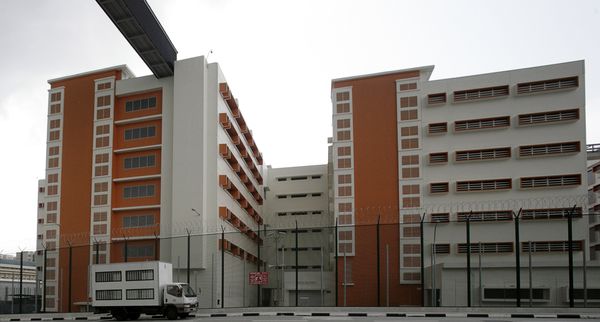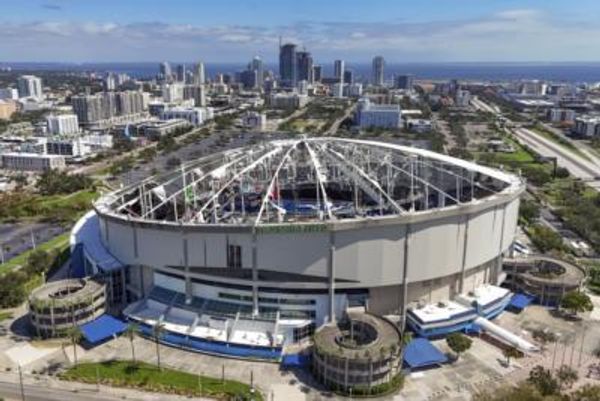You invest in businesses, not technologies. Investors who blindly invested in anything and everything CRISPR gene editing on the ride up in 2021 are painfully finding that out on the ride down in 2022.
Caribou Biosciences (CRBU) is just the latest example.
Shares of the gene-editing pioneer cratered 20% following the latest data readout from its lead drug candidate CB-010. The experimental asset is a CAR-T cell therapy engineered to improve antitumor activity. On the one hand, all patients who received the CRISPR gene-edited cells entered remission initially. On the other hand, most had their cancer return after only six months.
The results are yet another sign that the next frontier of cell therapy may not live up to the hype.
"Shallowgeneic" Cell Therapy
To be clear, the disappointing results from CB-010 have nothing to do with CRISPR gene editing, but rather the source of cells used.
All approved CAR-T cell therapies use cells harvested from patients that are engineered in a lab with cancer-fighting characteristics before being reintroduced to patients. However, a reliance on autologous cells (from the same individual) results in a complex, expensive, and time-consuming process with additional safety concerns to boot. Those limitations have driven drug developers to explore allogeneic cell therapies (from a different individual), which are sourced from a universal donor instead of cells taken from patients.
The idea is allogeneic, or "off-the-shelf," cell therapy can lead to improved manufacturing processes with significantly reduced costs, immediate treatment for patients, and potentially fewer side effects if certain genetic edits are introduced. While emerging drug candidates throughout the industry pipeline appear to check all those boxes, they all appear to be tripped up by one very important characteristic: durability.
Put simply, the initially impressive results achieved with allogeneic cell therapies appear to wane over time. Patients who initially enjoy complete remission have a high chance of seeing their cancer return months later. Or, as one biotech CEO recently quipped to me, these experimental therapies might be best described as "shallowgeneic."
Caribou Biosciences reported that all six patients with non-Hodgkin lymphoma (a type of blood cancer) treated with one dose of CB-010 initially achieved remission, although only two of five evaluable patients remained in remission at the six-month mark. This continues a disappointing streak of clinical data readouts from allogenic cell therapy developers at the field's all-important six-month checkpoint, especially as it compares to autologous CAR-T cell therapies on the market:
- Allogene Therapeutics (ALLO) reported that ALLO-501 initially drove 50% of patients into remission, although that dipped to 29% at six months.
- CRISPR Therapeutics (CRSP) reported that CTX110 initially drove complete responses in nine of 23 patients. However, only four remained in remission six months after treatment.
- Fate Therapeutics (FATE), which is developing a different type of cell therapy based on natural killer (NK) cells, has also struggled to deliver convincing durability data. Initially impressive remission rates for FT516 in blood cancers didn't meet the standard set for autologous CAR-T therapies.
Drug developers and investors hope improved safety profiles of the emerging drug class can overcome the durability limitation, but each course of treatment is associated with risky conditioning regimens that can be fatal. For example, the week before Caribou coughed up its disappointing data, Precision BioSciences (DTIL) reported two deaths in patients receiving a chemotherapy-conditioning treatment used for its own allogeneic cell therapies.
What Do Investors Do Now?
It's certainly possible the field develops a solution to the looming problem of durability. The answer might be as simple as providing additional doses – or not, as data from Precision BioSciences caution.
Investors need to acknowledge the additional risks associated with allogeneic cell therapies, especially considering entire pipelines rely on the approach. Regulators are unlikely to approve treatments that don't at least match the standard of care when it comes to efficacy. The manufacturing, safety, and durability challenges facing cell therapy are one reason I've been paying closer attention to bispecific antibodies, which may offer better outcomes with significantly reduced costs and improved convenience for patients. That may be a term worth getting more familiar with in 2022.







